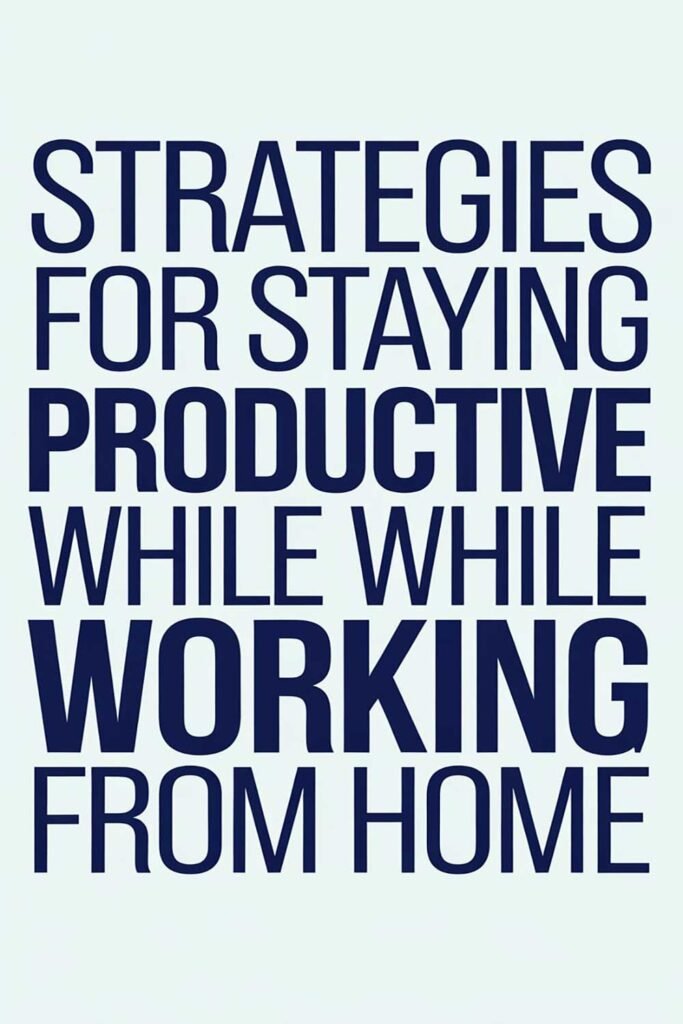
The Art of Saying “No” Without Feeling Guilty
Many people struggle with saying “no,” fearing they will disappoint others or appear unhelpful. However, learning to set boundaries and decline requests when necessary is essential for maintaining balance, mental well-being, and self-respect. Saying “no” doesn’t mean being unkind—it means valuing your time, priorities, and personal needs.
This guide explores effective ways to say “no” confidently and guilt-free while preserving relationships and maintaining self-care.

Why Saying “No” is Important
1. Protects Your Time and Energy
- Helps prevent burnout and mental exhaustion.
- Allows you to focus on commitments that truly matter.
- Keeps you from feeling overwhelmed with obligations.
2. Strengthens Self-Respect and Confidence
- Reinforces your personal values and priorities.
- Establishes you as someone who values their own boundaries.
- Encourages others to respect your decisions.
3. Improves Relationships
- Reduces resentment caused by overcommitment.
- Helps maintain honest and transparent communication.
- Encourages mutual respect for personal limits.
How to Say “No” Without Guilt
1. Be Direct and Honest
You don’t need to over-explain or make excuses. A simple and firm response is enough.
- “I appreciate the offer, but I won’t be able to take that on.”
- “I have other commitments that prevent me from saying yes.”
2. Use Polite but Firm Language
Declining politely ensures you maintain positive relationships.
- “Thank you for thinking of me, but I have to decline.”
- “I’d love to help, but I need to prioritize my current workload.”
3. Offer an Alternative (If Appropriate)
If you want to help but can’t commit, suggest another solution.
- “I can’t take this on, but maybe [Name] would be available.”
- “I don’t have time right now, but I can assist next week.”
4. Set Clear Boundaries
Communicating your limits helps others understand your availability.
- “I don’t take on extra projects over the weekend.”
- “I need to focus on my own priorities at the moment.”
5. Practice Saying No
Rehearsing your responses makes it easier to decline requests confidently.
- Write down responses for common situations.
- Role-play scenarios where you need to say no.
6. Accept That You Can’t Please Everyone
Understand that saying no is necessary for your well-being.
- Remind yourself that your time is valuable.
- Recognize that those who truly respect you will understand.
Common Scenarios and How to Say “No”
At Work:
- “I can’t take on another project right now, but I can revisit this next month.”
- “I appreciate the opportunity, but I need to focus on my current priorities.”
To Family or Friends:
- “I’d love to, but I need some personal time this weekend.”
- “That sounds fun, but I have other plans I need to honor.”
To Social Obligations:
- “I appreciate the invite, but I’m going to sit this one out.”
- “I need some downtime, so I’ll have to pass this time.”
Picture This
Imagine feeling free from unnecessary obligations, focusing on what truly matters without guilt. Instead of feeling drained by constant commitments, you have time for personal growth, relaxation, and meaningful relationships. You confidently decline requests when needed, maintaining strong relationships built on mutual respect.
By mastering the art of saying “no,” you reclaim control over your time and energy, allowing you to live a more balanced and fulfilling life.






